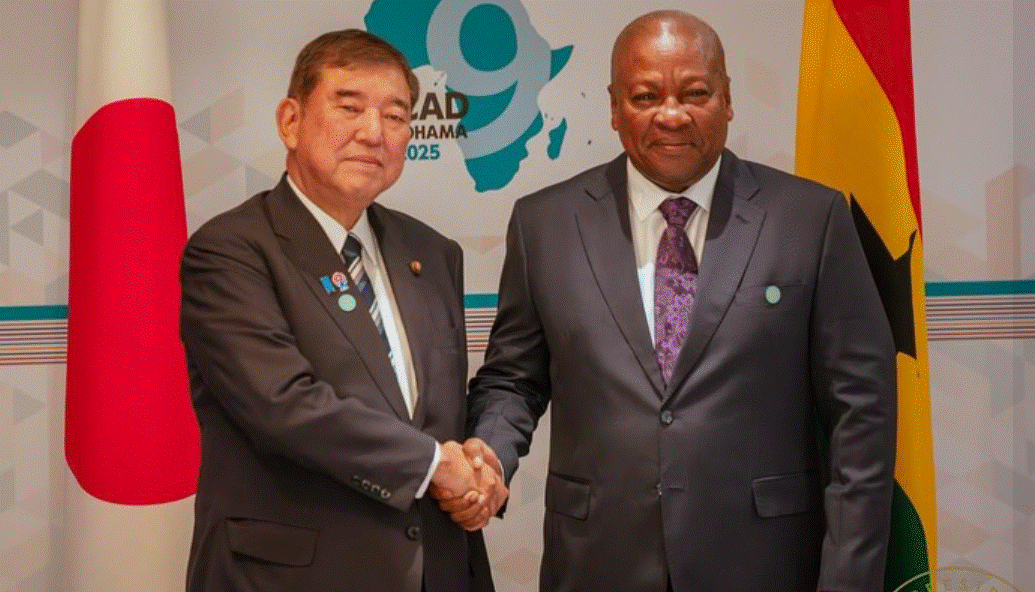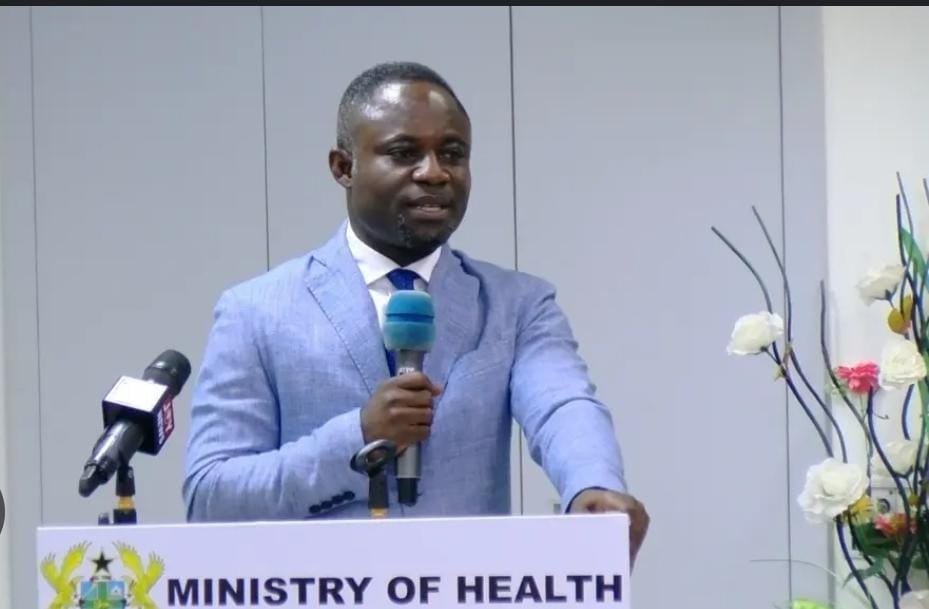
A practical guide for Ghanaian businesses preparing for the 2027 implementation deadline
By Prof. Wayne DUNN
Time is running out. The countdown has begun for Ghana’s most significant companies and institutions. With just 18 months until mandatory IFRS S1 & S2 implementation, organisations across Ghana’s key sectors face an urgent deadline that will fundamentally reshape how they access capital, compete internationally and demonstrate value to stakeholders.
The financial opportunity is immediate
ESG-compliant Ghanaian companies are already achieving 0.25-0.75 percent better financing terms and 25-40 percent enhanced access to development finance. For a company with GH¢100million in debt, this translates to annual savings of GH¢250,000-750,000. Early adopters report 5-15 percent operational cost reductions through efficiency improvements while securing preferential access to European markets and the $2 trillion global ESG investor base.
The risks are immediate too
But the window is closing fast. The Institute of Chartered Accountants Ghana (ICAG) has established clear enforcement frameworks, including professional sanctions, while the Securities and Exchange Commission can impose market penalties, including warnings, fines and potential delisting. International investors increasingly exclude non-compliant African companies from investment portfolios. Organisations that delay face a triple threat: regulatory penalties, financing exclusion and competitive disadvantage as early movers capture market advantages.
What are IFRS S1 & S2?
IFRS S1 sets general requirements for sustainability disclosure across governance, strategy, risk management and metrics—covering any sustainability factor that could affect business value. IFRS S2 focuses specifically on climate-related risks and opportunities, requiring greenhouse gas emissions disclosure and climate scenario analysis. Both standards use financial materiality: disclose issues that matter most to investors, lenders and regulators.
Who must comply and when—No exceptions
Immediate mandatory compliance (January 1, 2027):
- Ghana Stock Exchange listed companies—every single one
- All banks, insurance companies and pension funds
- Mining companies, including AngloGold Ashanti, Newmont Ghana and Golden Star Resources
- Oil & gas entities, including GNPC and Tullow Ghana
- Energy companies like ECG, VRA and GRIDCo
- Large manufacturers, including GHACEM and Fan Milk
- All state-owned enterprises under SIGA oversight
Phase II (Jan 2028) will expand this list.
The State Interests and Governance Authority (SIGA) has been particularly aggressive, requiring comprehensive sustainability disclosure policies across Ghana’s SOE portfolio immediately.
From complexity to strategic advantage
IFRS S1 & S2 can appear overwhelmingly complex—governance structures, materiality assessments, climate scenario analysis and comprehensive stakeholder engagement. However, successful implementation requires strategic thinking, not technical perfectionism.
The strategic implementation framework:
Rather than attempting to master every requirement immediately, smart organisations start with three questions that transform compliance from burden into competitive advantage:
What are our regulatory obligations? Determine your specific IFRS S1 & S2 requirements based on your sector, size and ownership structure—banks face different timelines than manufacturers, while SOEs have additional SIGA mandates.
Where do we currently stand? Most Ghanaian organisations score only 2-4 out of 10 on sustainability readiness assessments, yet often discover existing capabilities that provide stronger foundations than initially apparent.
How do we close gaps while capturing strategic value? Focus implementation efforts on areas delivering maximum business returns: enhanced capital access, operational cost reductions and market differentiation that justify investment while ensuring regulatory compliance.
The financial returns are quantifiable
Enhanced capital access: ESG-compliant Ghanaian companies achieve enhanced access to development finance and premium financing terms from international lenders increasingly focused on sustainability performance.
Market differentiation: Ghana’s early compliance enables preferential access to European markets through Corporate Sustainability Reporting Directive alignment. International supply chains increasingly require ESG compliance from African suppliers.
Operational excellence: Companies report 5-15 percent operational cost reductions through energy efficiency, waste reduction and process optimisation—immediate returns on implementation investment.
Stakeholder trust: Enhanced transparency builds stronger relationships with traditional authorities, government partners and international stakeholders, creating sustainable competitive advantages.
The SOE opportunity
SIGA’s coordination across entities like Ghana National Petroleum Corporation, Electricity Company of Ghana, Volta River Authority and SSNIT demonstrates how systematic capability building enhances public accountability while creating operational excellence and improved development finance access. This transforms sustainability reporting from compliance burden into governance improvement that strengthens public trust and positions Ghanaian SOEs as continental leaders.
Risks of delay & action required
Organisations delaying implementation face escalating consequences:
- Regulatory penalties: ICAG sanctions, SEC fines and potential delisting
- Lost financing: Exclusion from development finance and ESG investors
- Competitive disadvantage: Late movers miss premium markets while early adopters secure preferential positioning
Organisations beginning implementation now capture maximum advantage from Ghana’s continental leadership while avoiding costly last-minute scrambles. Your immediate next step: conduct a comprehensive readiness assessment using the simple three-question framework to determine regulatory requirements, identify gaps and develop plans that transform compliance into competitive advantage.
Don’t wait for regulatory pressure to force action. Organisations demonstrating early leadership are already securing better financing terms, accessing premium markets and building stakeholder relationships that create lasting competitive advantages.
Ghana has a continental head start. Whether your organisation uses it to lead—or waits until regulations force action—will define your competitiveness for the next decade.
For detailed implementation guidance, access Prof. Dunn’s comprehensive IFRS S1 & S2 Implementation and Reporting Research Report at https://bit.ly/IFRS-Africa
About the author
Prof. Wayne Dunn is President & Founder of the CSR|ESG Training Institute and former Professor of Practice in CSR at McGill University. The institute’s ESG & Sustainable Finance Certified Masterclass takes place September 29 – October 2, 2025 in Accra. It will cover IFRS S1 & S2.
Next week: “ESG: Compliance Burden or Strategic Opportunity?”—Cutting through the jargon and complexity to show how smart organisations transform ESG from a complexity headache into measurable business value through value-focused simplicity.
The post IFRS S1 & S2: Roadmap to mandatory sustainability disclosure appeared first on The Business & Financial Times.
Read Full Story














Facebook
Twitter
Pinterest
Instagram
Google+
YouTube
LinkedIn
RSS